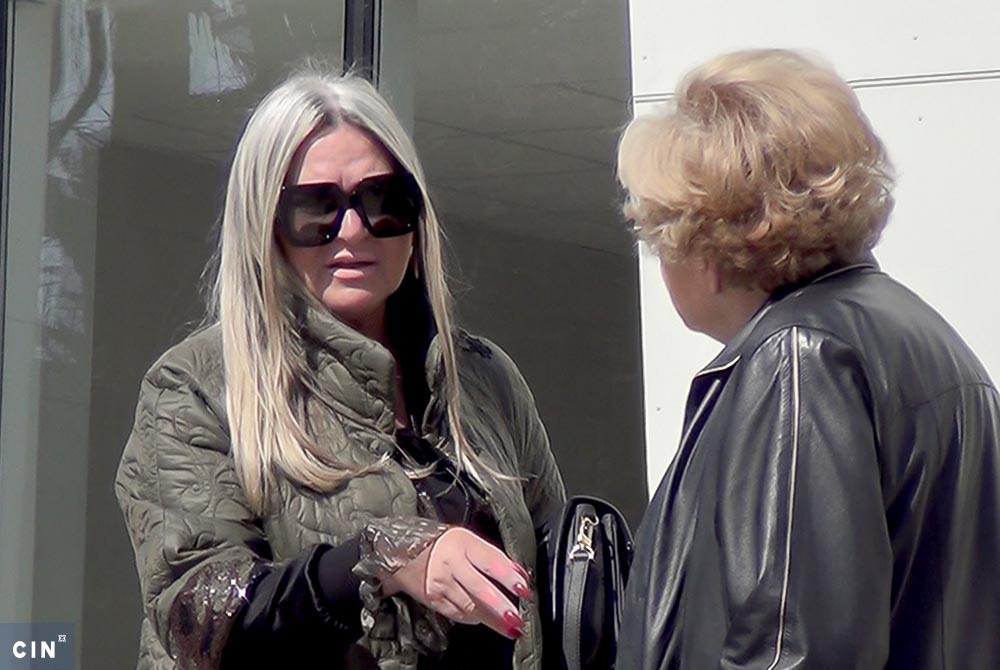
Seven years ago attorney Marica Ćulum was sentenced on organized crime charges and should have been debarred. Instead, she’s the most highly paid court-appointed attorney before the Basic Court in Banja Luka.
Đemal Memagić, the long-serving mayor of Olovo and a businessman, purchased an apartment in Poreč, Croatia, in 2021 for half a million BAM. He also included a car valued at BAM 412,000 in his asset declaration.
Đemal Memagić, a member of the Party of Democratic Action (SDA), has been the mayor of Olovo since 2012. It was already clear before the 2024 local elections that he would secure a fourth term, as he was the only candidate for the position.
In 2021, Memagić purchased an apartment in Poreč for just over half a million BAM. Along with his new property, in the asset declaration he submitted to the Central Election Commission of Bosnia and Herzegovina (CIKBiH) in 2024, he reported owning…

Seven years ago attorney Marica Ćulum was sentenced on organized crime charges and should have been debarred. Instead, she’s the most highly paid court-appointed attorney before the Basic Court in Banja Luka.

The Republika Srpska is borrowing millions to decrease the number of RS Railways workers. At the same time the company keeps jobs for employees who don’t even show up for work.

Mirza Ganić might be in a conflict of interest, serving as both director of the Zenica division of the public company BH Telecom, and as a legislator in the Federation of BiH House of Representatives. No agency in the entity can establish if those two positions are officially incompatible.
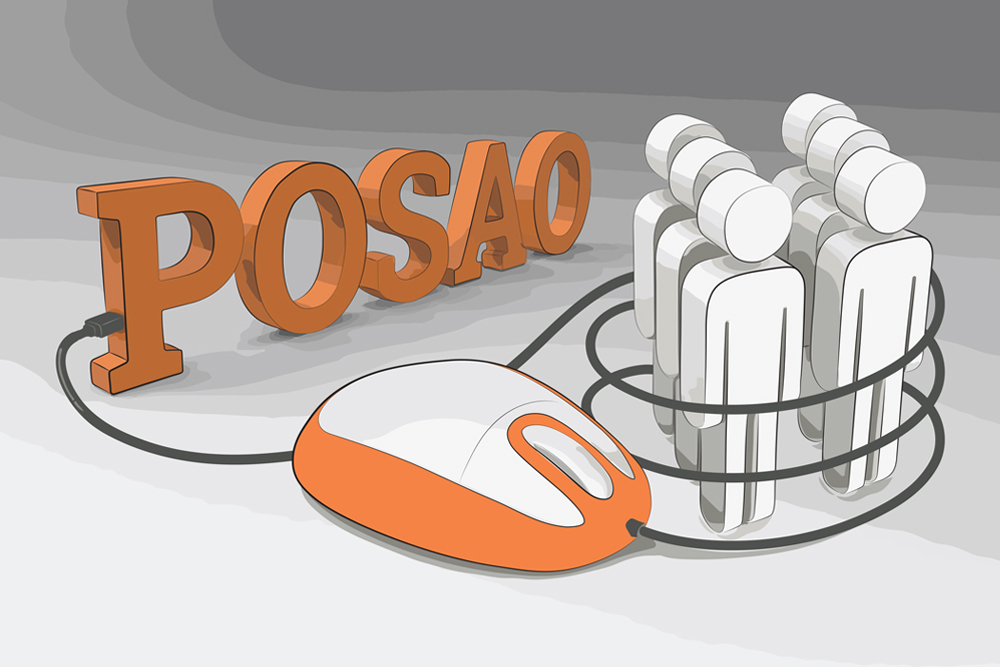
For years, HT Eronet and BH Telecom have hired members of governing parties and relatives of employees without advertising jobs. FBiH looked the other way, which meant that most citizens did not get equal employment opportunities.
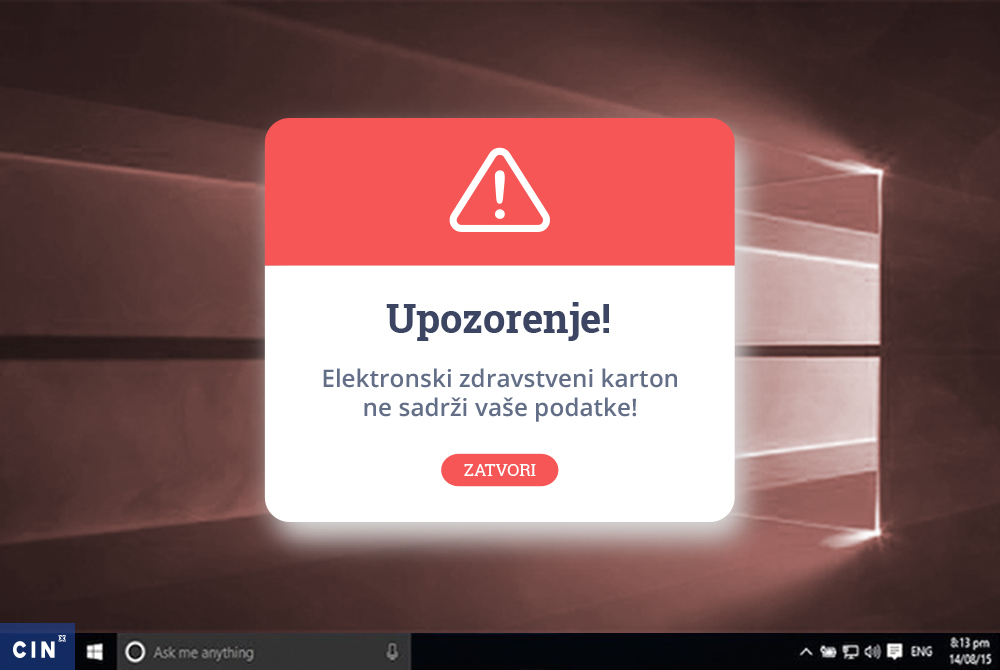
More than ten million KM has been invested into the digitalization of health care in the Federation of Bosnia and Herzegovina. Yet, patients in some public health care clinics are still waiting to see its benefits.
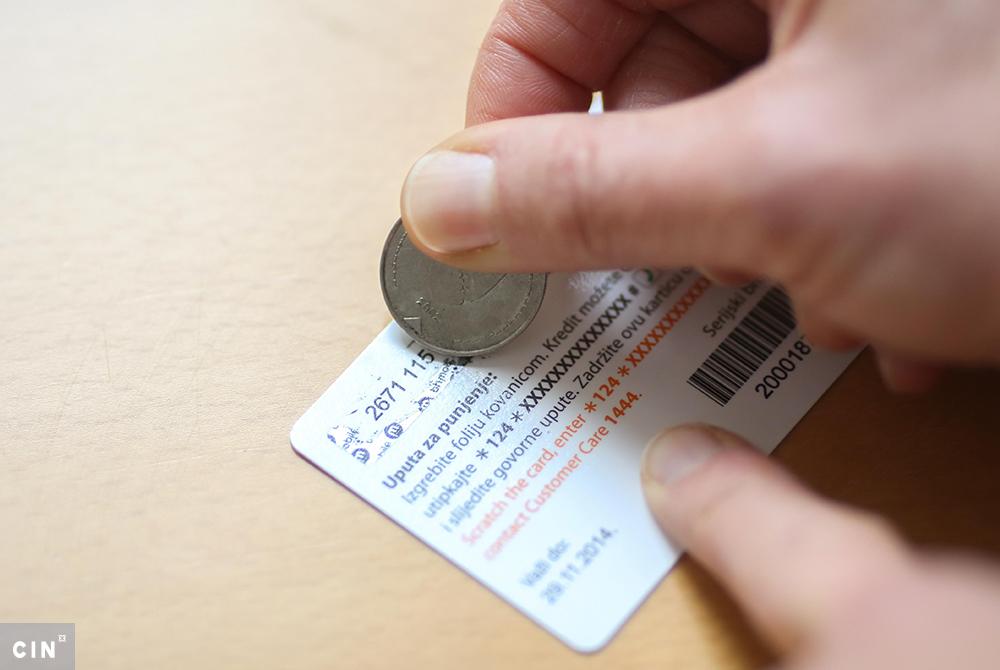
BH Telecom’s officials tried to whitewash the debt that arouse from supplying a Kakanj-based Trafik with top-ups for cell phones. It will be hard to recover a debt of 1.2 million KM because that firm is in bankruptcy and the owner has no money.
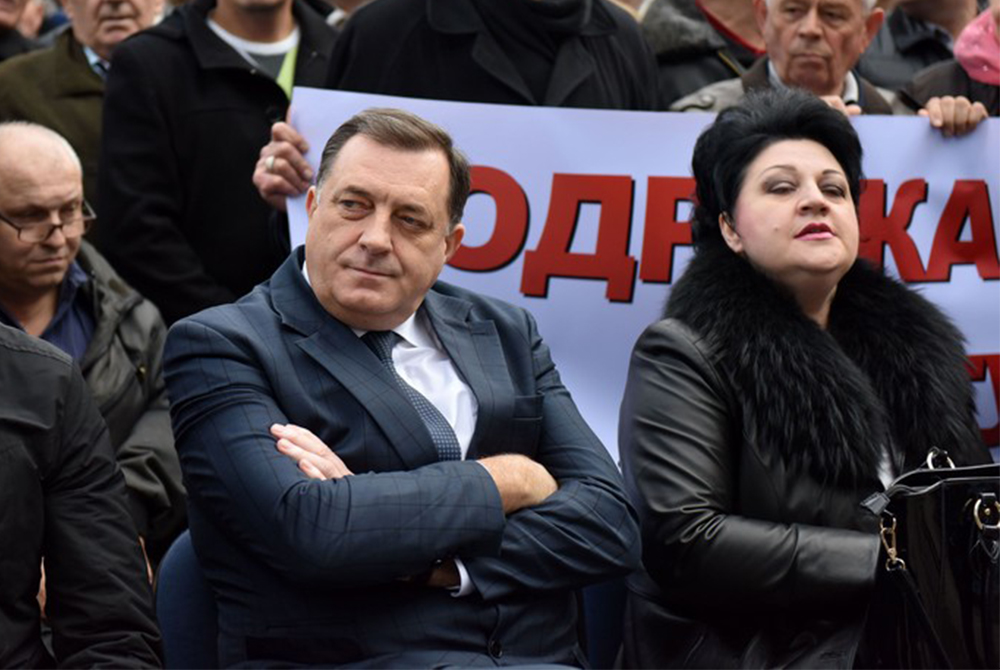
Veteran legislator Milica Marković received a five-room apartment in Bijeljina that was paid with fuel oil from stockholding supplies. Even though the entity government was giving away flats to senior officials at the time, Marković did not follow the legal procedure. Another plan was hatched to serve her.
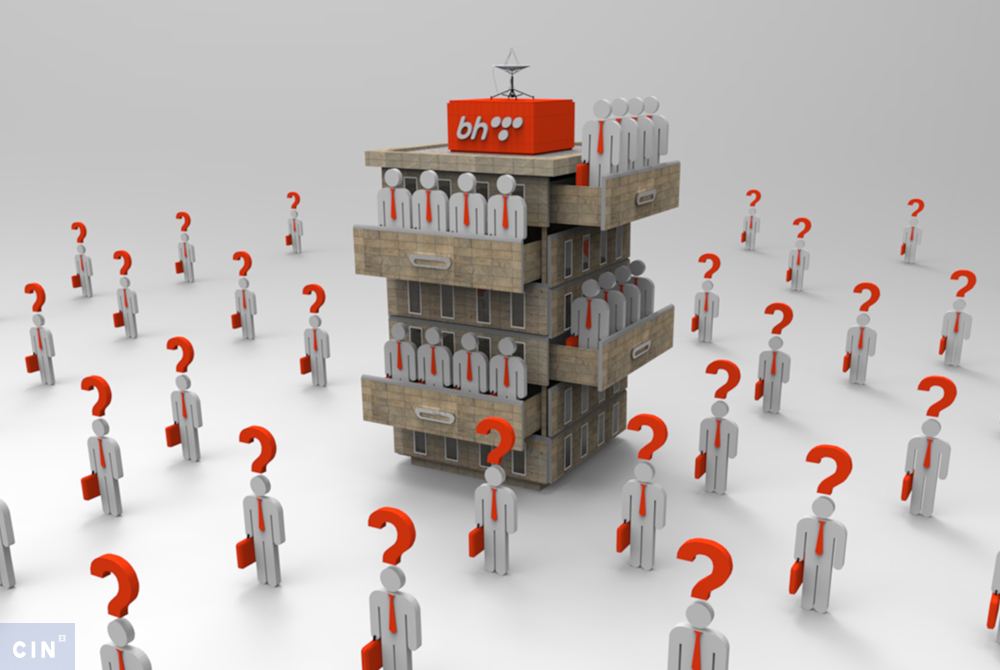
Sarajevo-based BH Telecom invested at least 35.8 million KM in a downtown office building, then left staff working in other buildings it still paid rent on.
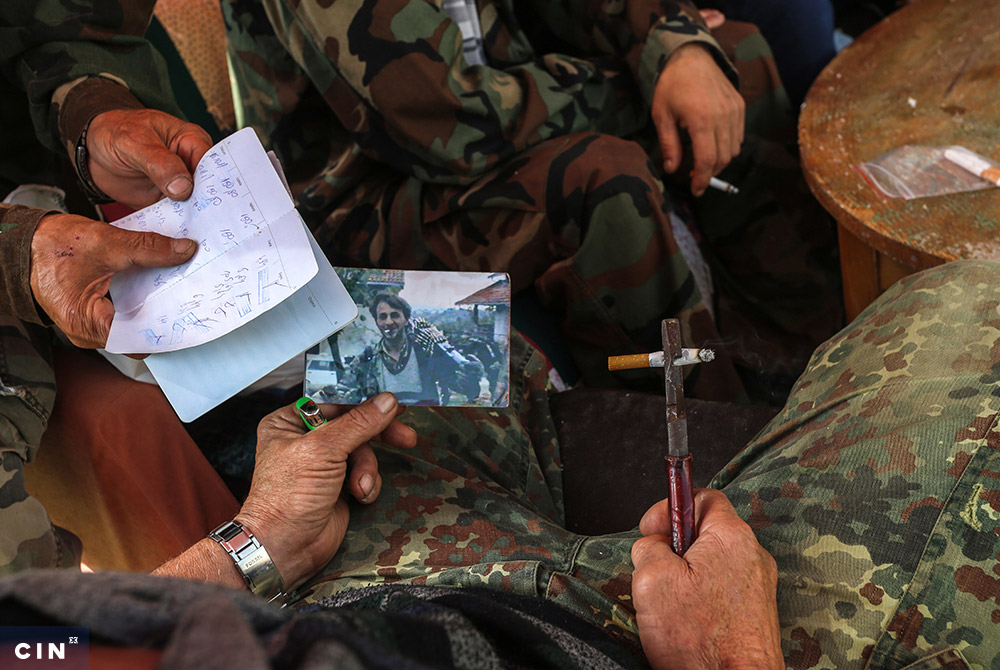
The Tuzla Canton Alliance of Demobilized Soldiers misspent budget money for nearly a decade. Government officials knew this, but did not stop financing the alliance.

The co-op First Veterans Fruits of Bosnia got at least 65,000 KM from the budget as an incentive to hire former servicemen. The money was spent but the hiring goals never met.
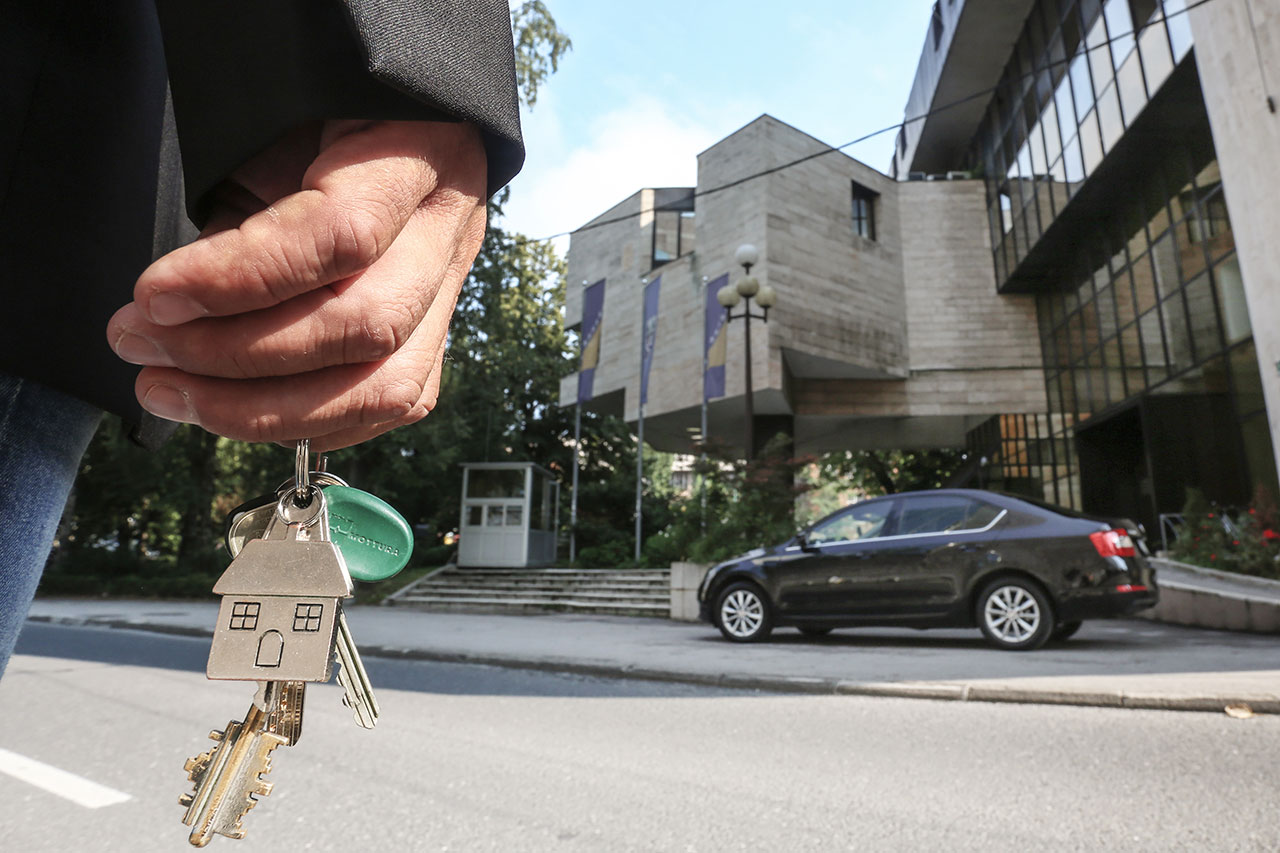
The Federation of Bosnia and Herzegovina Parliament has spent around 2.1 million KM on rent, living expenses and transport allowances for representatives. Most do not live in the apartments Parliament pays for. They let other people use them.
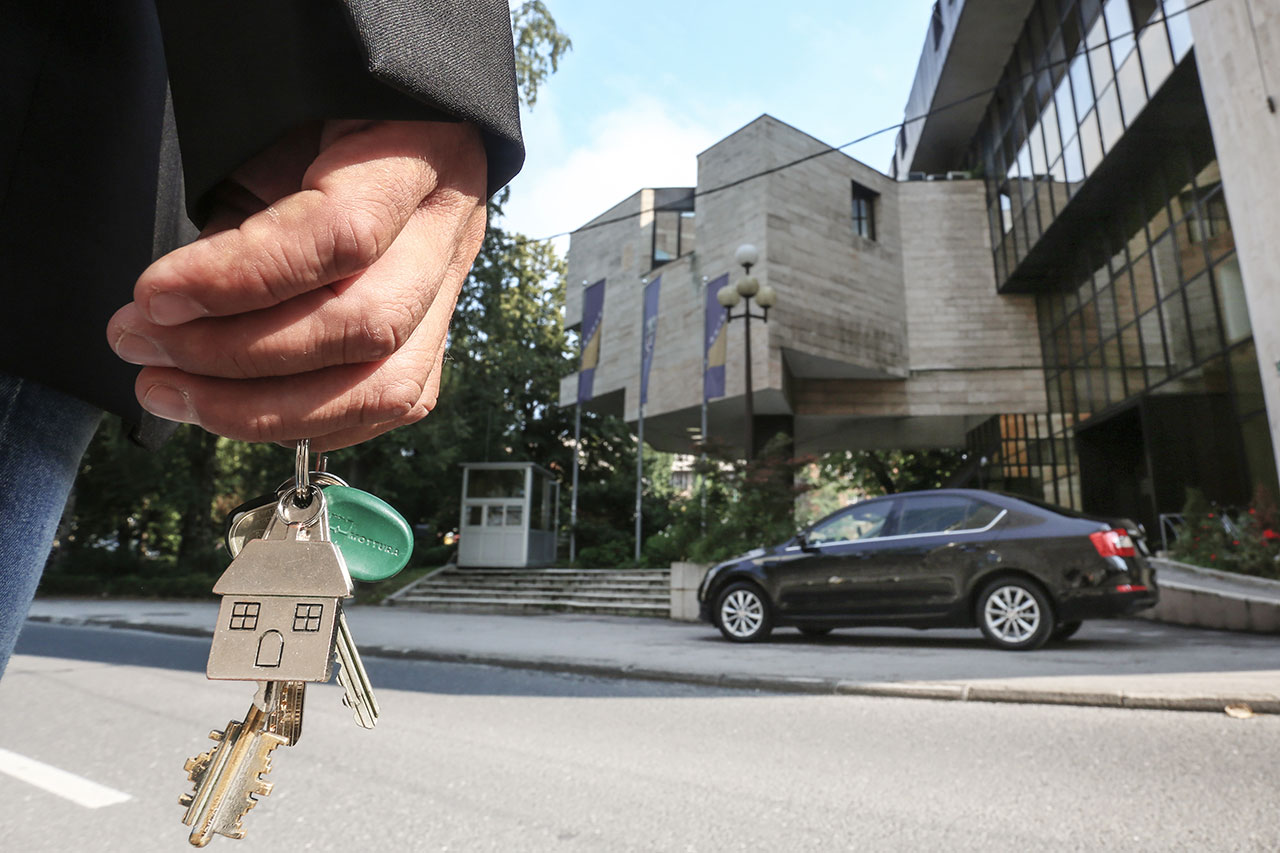
The Federation of Bosnia and Herzegovina Parliament has spent around 2.1 million KM on rent, living expenses and transport allowances for representatives. Most do not live in the apartments Parliament pays for. They let other people use them.

Seven years ago attorney Marica Ćulum was sentenced on organized crime charges and should have been debarred. Instead, she’s the most highly paid court-appointed attorney before the Basic Court in Banja Luka.

The Republika Srpska is borrowing millions to decrease the number of RS Railways workers. At the same time the company keeps jobs for employees who don’t even show up for work.

Mirza Ganić might be in a conflict of interest, serving as both director of the Zenica division of the public company BH Telecom, and as a legislator in the Federation of BiH House of Representatives. No agency in the entity can establish if those two positions are officially incompatible.

For years, HT Eronet and BH Telecom have hired members of governing parties and relatives of employees without advertising jobs. FBiH looked the other way, which meant that most citizens did not get equal employment opportunities.

More than ten million KM has been invested into the digitalization of health care in the Federation of Bosnia and Herzegovina. Yet, patients in some public health care clinics are still waiting to see its benefits.

BH Telecom’s officials tried to whitewash the debt that arouse from supplying a Kakanj-based Trafik with top-ups for cell phones. It will be hard to recover a debt of 1.2 million KM because that firm is in bankruptcy and the owner has no money.

Veteran legislator Milica Marković received a five-room apartment in Bijeljina that was paid with fuel oil from stockholding supplies. Even though the entity government was giving away flats to senior officials at the time, Marković did not follow the legal procedure. Another plan was hatched to serve her.

Sarajevo-based BH Telecom invested at least 35.8 million KM in a downtown office building, then left staff working in other buildings it still paid rent on.

The Tuzla Canton Alliance of Demobilized Soldiers misspent budget money for nearly a decade. Government officials knew this, but did not stop financing the alliance.

The co-op First Veterans Fruits of Bosnia got at least 65,000 KM from the budget as an incentive to hire former servicemen. The money was spent but the hiring goals never met.

The Federation of Bosnia and Herzegovina Parliament has spent around 2.1 million KM on rent, living expenses and transport allowances for representatives. Most do not live in the apartments Parliament pays for. They let other people use them.

The Federation of Bosnia and Herzegovina Parliament has spent around 2.1 million KM on rent, living expenses and transport allowances for representatives. Most do not live in the apartments Parliament pays for. They let other people use them.
The Center for Investigative Reporting (CIN) in Sarajevo is unique in Bosnia and Herzegovina, the first organization of its kind to be established in Balkans. CIN is dedicated to investigative reporting, aimed toward providing fair and unbiased information, based on evidences and solid proof, to BiH citizens who need to make educated decisions.
Downloading of the content of the CIN is permitted with the mandatory reference to the source at www.cin.ba.
Svojim anonimnim prijavama doprinosite integritetu naše zajednice. Molimo vas da iskoristite ovu formu kako biste sigurno prijavili bilo kakvu sumnju u korupciju ili nezakonitu aktivnost koju primijetite. Vaša hrabrost ključna je za očuvanje naših vrijednosti i promicanje transparentnosti.